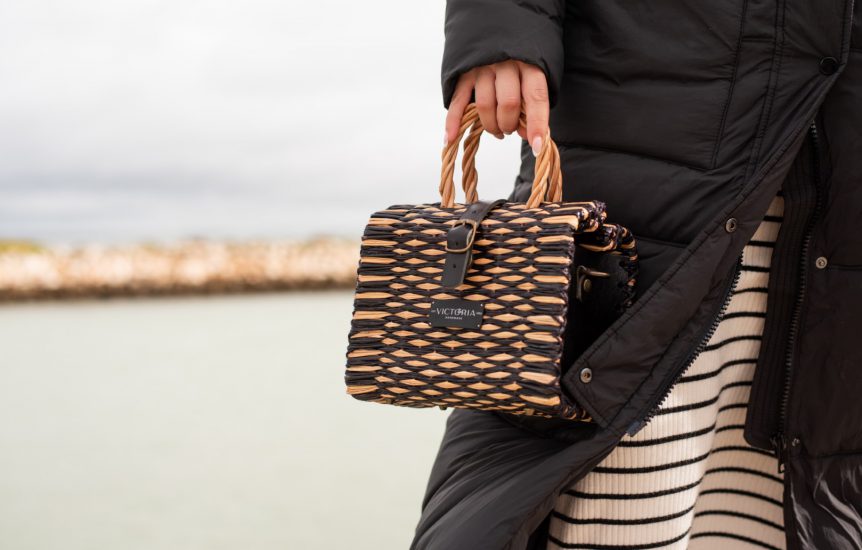- No products in the cart.
If we pause for a few seconds to think, we can identify several deserving women of the title “incredible”. At Mar d’Estórias, we’re fortunate to know visionary women who delight us with innovative ideas and products. In the month celebrating International Women’s Day, we not only recall the strength and determination of women throughout history but also the inspiring influence of the entrepreneurs around us.
Until the 19th century, a woman’s role was mostly confined to the domestic sphere or religious life in convents. Few wielded societal influences, with notable exceptions like Madame Pompadour in the French court. More recently, the Marquesa de Alorna, a distinguished Portuguese aristocratic writer, gained prominence before 1900.
Kate Sheppard was a trailblazer advocating for women’s voting rights in New Zealand. Alongside her colleagues, she gathered 32,000 signatures supporting their cause, leading to women’s voting rights in 1893. Following Kate, countless women worldwide also aspired to have their rights acknowledged and to achieve equality in various spheres of society. In the United Kingdom, the face of this movement was Millicent Fawcett, and later Emmeline Pankhurst.
Throughout the 20th and 21st centuries, measures were implemented to safeguard women’s societal position. The Convention on the Elimination of All Forms of Discrimination against Women, adopted by the United Nations in 1979, exemplifies these efforts. In 1993, the Conference on Human Rights also emphasized and advocated for women’s rights. In Portugal, women were no longer obligated to obey men in 1910, and by 1931, those with higher education could finally vote. The three Marias (Maria Isabel Barreno, Maria Teresa Horta, and Maria Velho da Costa) stood out in Portugal for their advocacy of women’s rights. Together, they authored the controversial book “As Novas Cartas Portuguesas,” banned after just three days, responding to Mariana Alcoforado’s famous “Cartas Portuguesas” and depicting women’s conditions during the Estado Novo.
Nowadays, the reality for Portuguese women is different, exemplified by the various partners of Mar d’Estórias. They manage their businesses with the courage of their ancestors and hope for a promising future.
Esperança, from Victoria Handmade, is one such partner, choosing to revive a family craft of over 70 years, breathing new life into traditional reed baskets. Initially led by her father, Esperança now intricately weaves this local herb herself. This work requires physical strength and a touch of sensitivity to turn this craft into something genuinely beautiful.
The reed bags produced by Victoria Handmade are now available in different corners of the globe. It’s remarkable to witness, from afar, the success achieved by a woman in turning something that was once an obligation for her livelihood into a genuine passion.
A notable example is Mizette Nielsen, who dedicated 45 years to the Fabricaal – Fábrica de Mantas Alentejanas in Reguengos de Monsaraz. After rescuing this forgotten factory in the Alentejo in 1977, Mizette challenged norms by leading it, emerging as a revolutionary woman in a time when women had limited influence. After decades at the helm, Mizette recently handed over the factory’s leadership to other capable hands. However, the factory’s history owes much to this woman who, in a predominantly male world, believed in her ability and triumphed. Thanks to her, the traditions of Alentejo blankets endure to this day.
In the month dedicated to International Women’s Day, it’s meaningful to reflect on the evolution of the female role throughout history. From notable figures of the past to contemporary entrepreneurs like Esperança from Victoria Handmade and Mizette Nielsen from Fabricaal, women continue to challenge norms and shape the world. Today, we witness, not only, the resilience of Portuguese women but also the legacy of courage and hope driving a promising future. The products of these brands, led by women, can be found at Mar d’Estórias.

